Description
Pollinators play a crucial role in the reproduction of flowering plants by transferring pollen from the male reproductive organs (anthers) to the female reproductive organs (stigmas). This process, known as pollination, is essential for the production of fruits and seeds. Pollinators come in various forms, including insects, birds, bats, and even some mammals.
Some common pollinators include:
- Bees: Bees are perhaps the most well-known pollinators. They are efficient and visit flowers for nectar, inadvertently transferring pollen between flowers.
- Butterflies: Butterflies are attracted to flowers for nectar and are important pollinators, though they are not as efficient as bees.
- Hummingbirds: These birds are specialized pollinators, particularly in regions where there are long-tubed flowers. They feed on nectar and unintentionally transfer pollen.
- Bats: In some regions, bats play a vital role in pollination, especially for night-blooming plants. They feed on nectar and carry pollen between flowers.
- Beetles: Certain types of beetles are pollinators, often attracted to large, bowl-shaped flowers.
- Flies: Some fly species also act as pollinators, especially for flowers that emit foul odors.
The decline of pollinators can have significant ecological and agricultural consequences. Many crops, including fruits, vegetables, and nuts, rely on pollinators for successful reproduction. Threats such as habitat loss, pesticide use, climate change, and diseases have led to a decline in pollinator populations in various parts of the world. Conservation efforts are underway to protect and support pollinators to maintain biodiversity and ensure food security. Planting pollinator-friendly gardens, reducing pesticide use, and creating suitable habitats are some of the strategies employed to promote pollinator health.

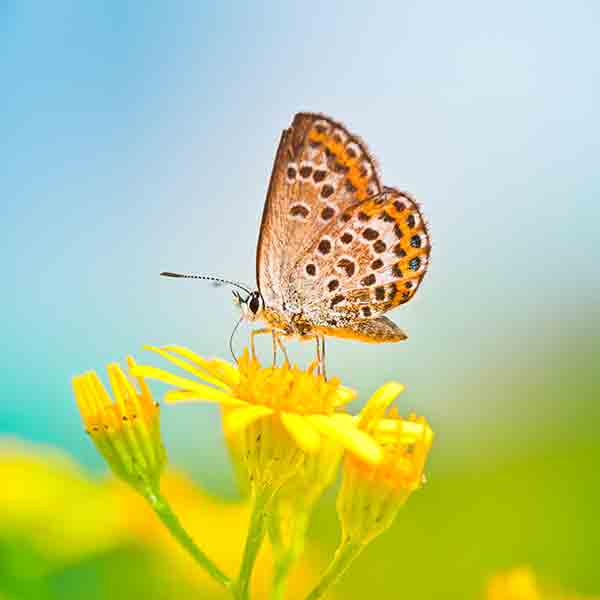
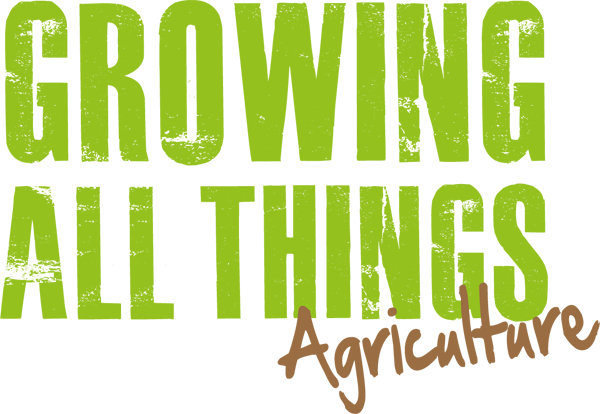
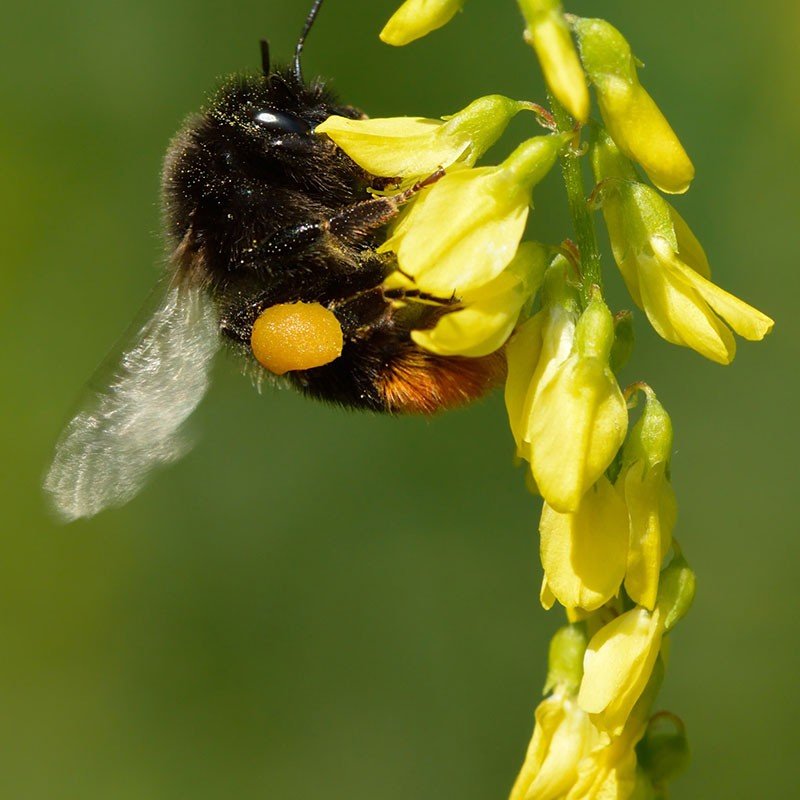
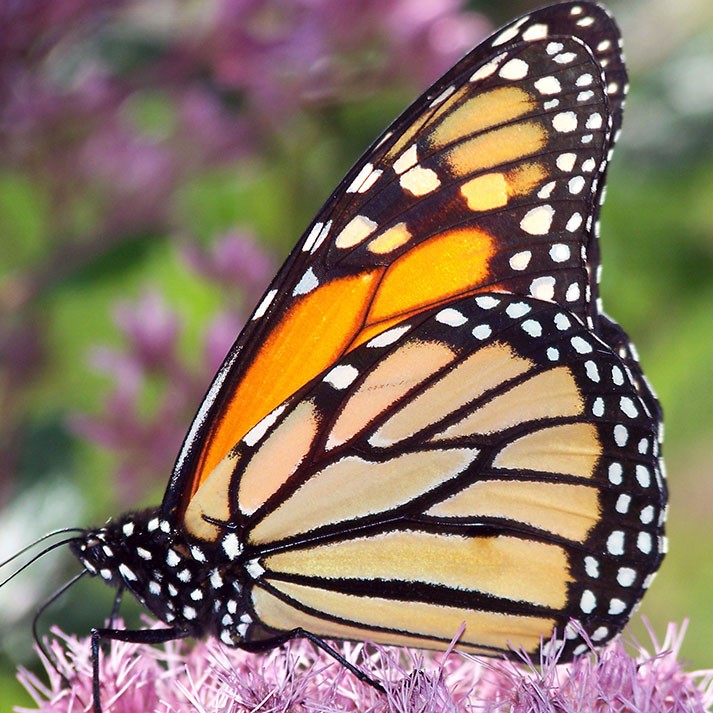

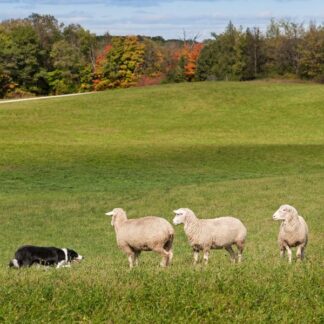
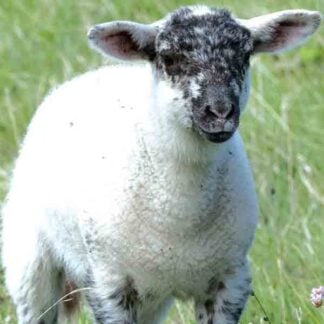
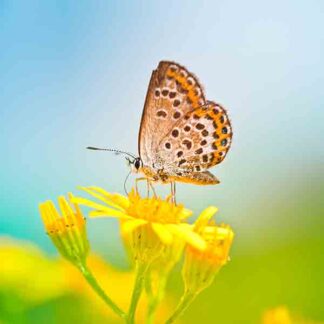
Reviews
There are no reviews yet.